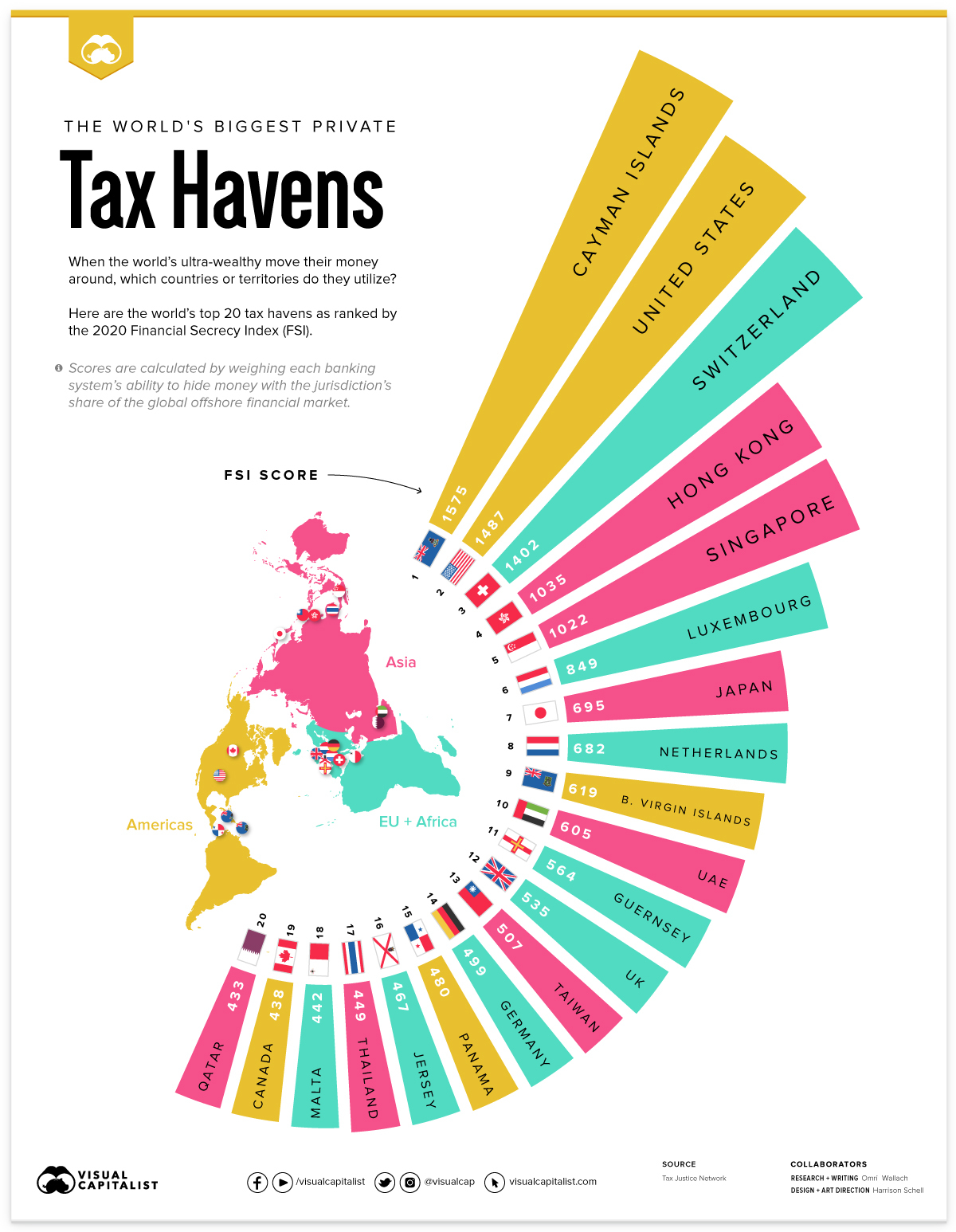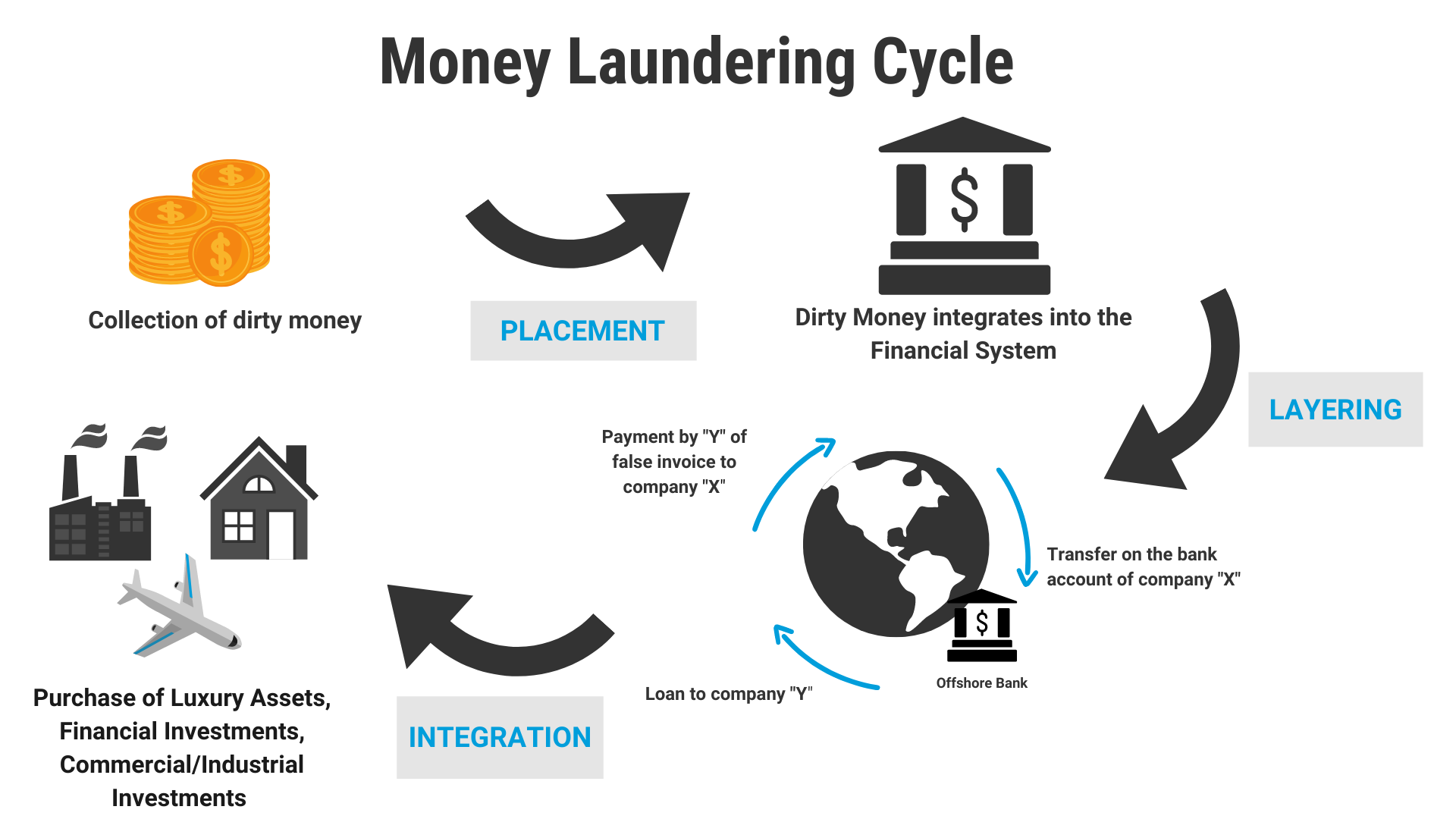“Almost every economic crime involves the misuse of corporate entities – money launders exploit cash-based businesses and other legal vehicles to disguise the source of their illicit gains, bribe-givers and recipients conduct their illicit transactions through bank accounts opened under the names of corporations and foundations, and individuals hide or shield their wealth from tax authorities and other creditors through trusts and partnerships to name but a few examples. In recent years the issue of the misuse of corporate entities for illicit purposes has drawn increasing attention”, Donald J Johnston Secretary-General OECD.
Shell Companies
Shell companies are usually private companies, limited liability companies or trusts. They don’t really exist physically other than having just a postal address and generate no income and have practically no economic value. Though shell companies may exist only on paper they have a real effect and deleterious effect on the world. These are used by criminals for financial crimes like contraband sale, selling illegal drugs, hostile takeovers, real estate, holding intellectual property rights, income tax evasion, creating black money and money laundering by creating overinflated false invoices, fictitious consultancy fees and focus loans. The criminal activities are indulged by concealing the identities of the owners and the business activities by obscuring company structures, ownerships and activities.
In the recent past, we have witnessed many numerous scandals leaked through reports like Wikileaks, Panama Papers, Paradise Papers and Swiss Leaks exposing such criminal malpractices.
The irony is shell companies are legal in almost all countries of the world in spite of the knowledge of them being used for such dangerous activities. In the US the Securities and Exchange Commission permits the use of shell companies as part of a manoeuvre called reverse merger that lets businesses go public without an initial public offering (IPO). Shell companies are usually located in Switzerland, Bermuda, Seychelles, or the Cayman Islands, the well-known tax havens that cater exclusively to these services and form the major chunk of their economies.
Now you may wonder why these shell companies are not legitimised while it is easy and enough reasons to do so because the company’s jurisdiction has lenient tax laws, the creator of the company never has to reveal themselves, and they always use a nominee director and have their lawyer or account provide verification and It is hard to identify them unless there is suspicious activity.

Black Money:
There is no official definition of black money but the simplest definition could be the money that is outside the tax and regulatory purview and concealed from the tax administration. Broadly it comes from two categories, illegal activities and legal activities but hidden and unreported for taxation. Obviously, it is hard to quantify the amount of money it is being hidden. The participation of black money in the system besides penalising the genuine taxpayers also undermines the integrity of the country creating an uneven playing field for the majority of the small businesses. If the participation of black money goes unchecked for long it can lead to dangerous dynamics.
Money Laundering
Money laundering involves hiding the source of money obtained through criminal and illegal means. Usually, it involves three steps, graphically represented in the following diagram: placement (moving the funds to remove their connection with the crime), layering (disguising the trail of money) and integration (bringing the money back to seemingly legitimate activities and source. The underlying activities that give rise to the need for money laundering include drug, arms and human trafficking, extortion, bribery, insider trading, credit card frauds, illicit tax practices like profit skimming, double invoicing, diversion of income etc.

As stated by Donald J Johnston Secretary-General of OECD Almost every economic crime involves the misuse of corporate entities. These corporate entities operate from countries that create an environment for such activities and provide tight secrecy about the entities. Shell company structure through partnerships, trusts, and foundations is the modus operandi of such operators. These countries are referred to as tax havens. Bearer shares, nominee shareholders, nominee directors, flee causes and letters of wishes are the instruments usually made available to obscure the identity of the beneficiaries. Bearer shares do not contain the name of the shareholder and are not registered. They can be transferred by delivery of the certificate and any holding their possession can encash it. In other words, they are just like currency notes. Nominees of shares like stockbrokers can buy and sell the shares without the disclosure of the registered owner of the shares in the case of nominee shareholders. Similarly, a nominee directorship system is used where the name of the real owner is kept hidden. Here is a list of some of the well-known and biggest money-laundering scandals.
- BCCI (US$23 billion)
- Commerzbank (US$347 million)
- Danske Bank (US$228 billion)
- Goldman Sachs (US$600 million)
- Westpac Bank (US$11 billion)
- Nauru (US$70 billion)
- Standard Chartered (US$265 billion)
- Wachovia (US$390 billion)
